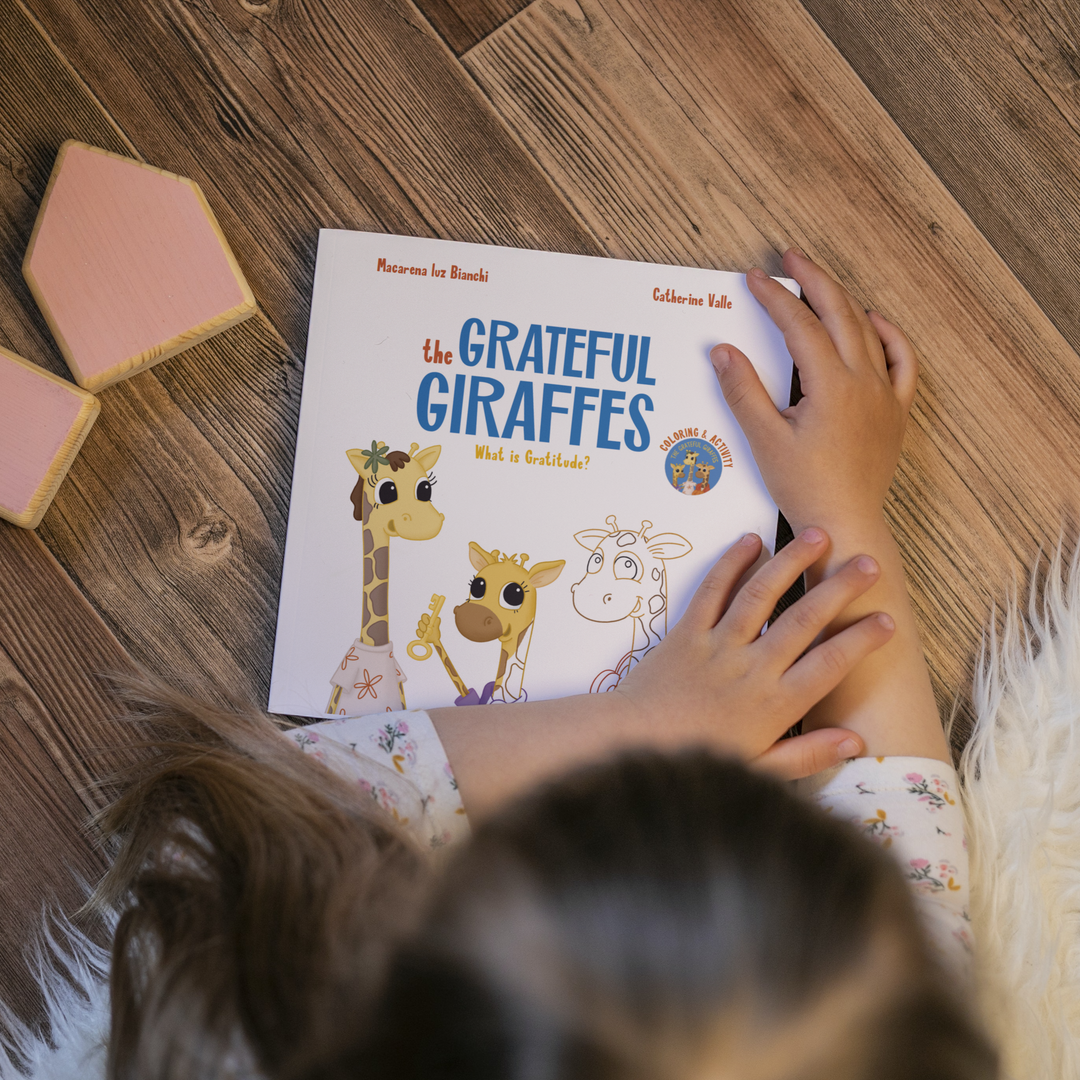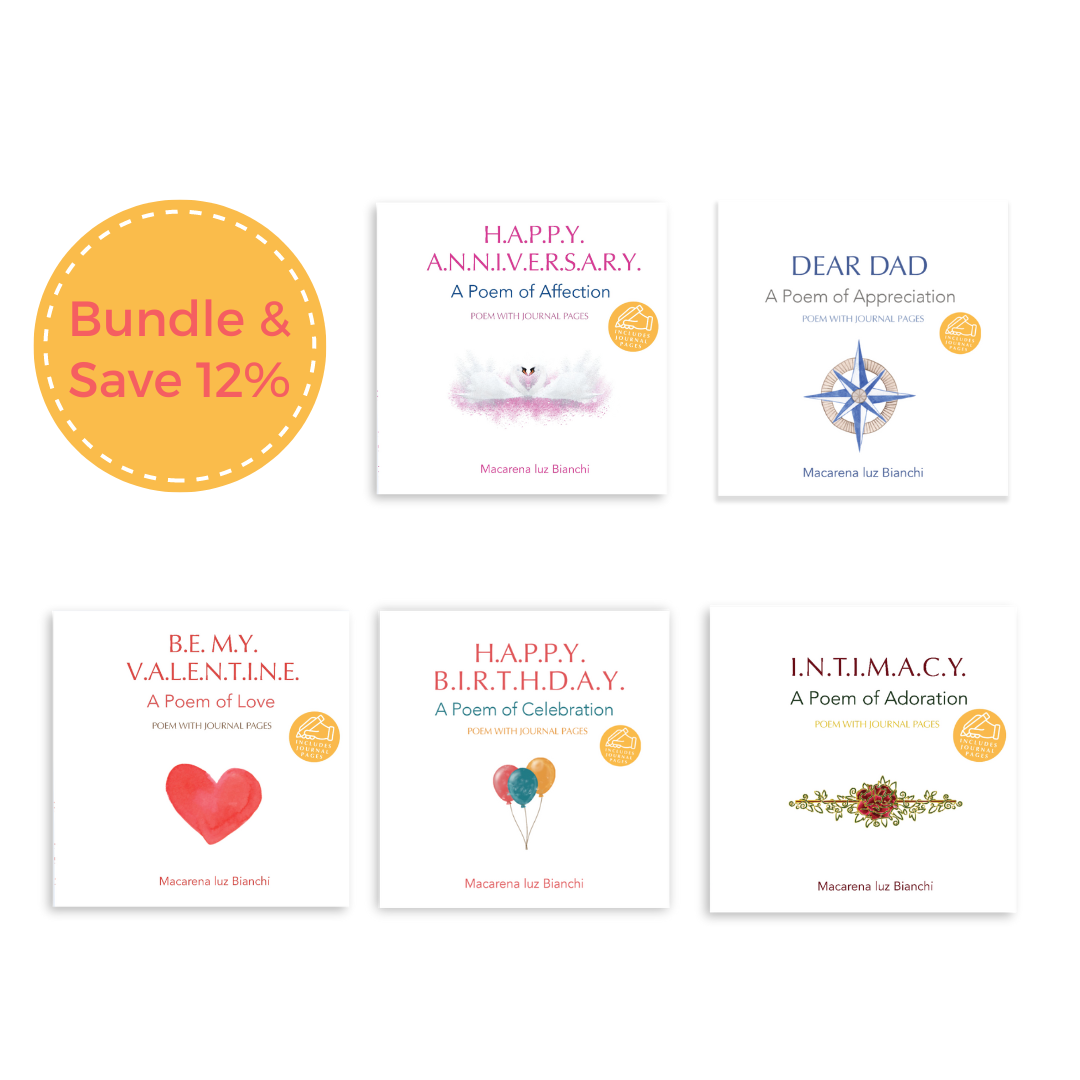Gratitude: The Key to a Happier, Healthier Childhood
Gratitude is a powerful emotion that can profoundly impact our lives. It can boost happiness, reduce stress, and improve overall well-being. For children, gratitude can be especially beneficial. Studies have shown grateful children are happier, more resilient, and more successful in school.
There are many ways to teach children about gratitude. One simple way is to start a gratitude journal. Have your child write down three things they are grateful for each day. This can be anything from their family and friends to their health and home. You can also help your child identify the things they take for granted and to appreciate them more.
Another way to teach children about gratitude is to model it yourself. Share your gratitude at each meal. Be sure to express your appreciation for your child and to others. Let your child see how you appreciate the good things in your life.
Gratitude is a skill that can be learned and cultivated. Teaching your child about gratitude gives them a gift that will last a lifetime.
References
- Froh, J. J., Sefick, W. J., & Rytting, M. (2007). Gratitude and well-being in children and adolescents: A review of the literature. Journal of Happiness Studies, 8(3), 377-402.
- Tudge, J. R., & Freitas, A. L. (2017). Gratitude in children and youth: A review of the literature. Child Development Perspectives, 11(2), 125-130.
Photo by Alexander Dummer








